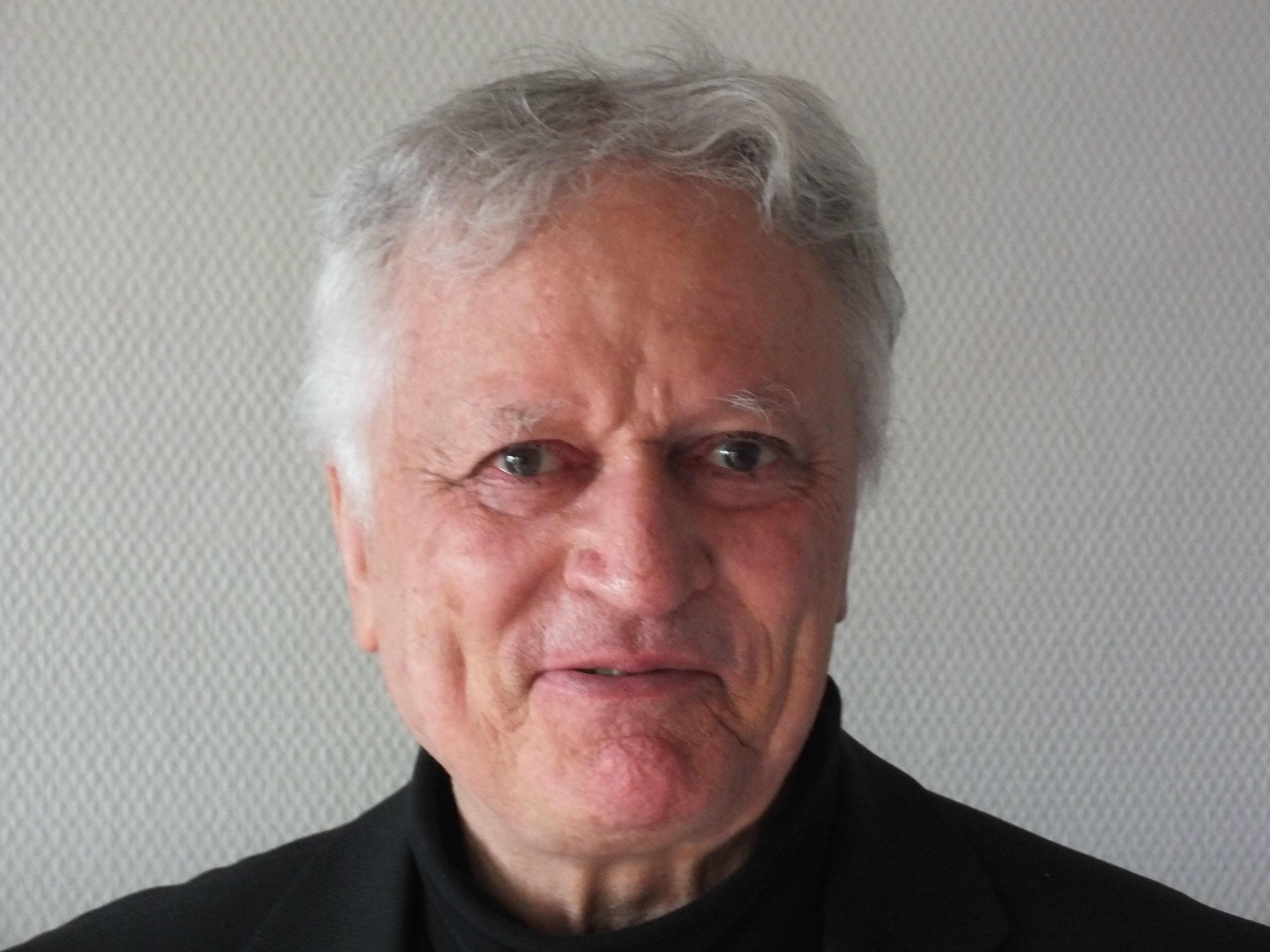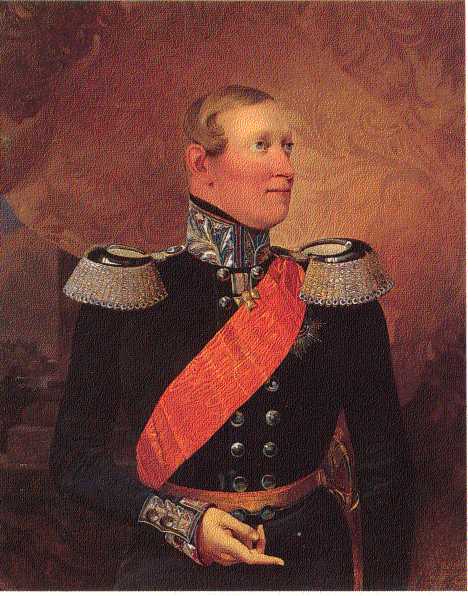Ludwigslust on:
[Wikipedia]
[Google]
[Amazon]
Ludwigslust () is a central castle town of


 * Franz Passow (1786–1833), a German classical scholar and
* Franz Passow (1786–1833), a German classical scholar and
official site (town)
official site (county)
The Embracing Forest
An American visits Ludwigslust and vicinity in 2005 and finds more history than he expected. {{Authority control Populated places established in the 18th century Cities and towns in Mecklenburg Ludwigslust-Parchim Populated places established in 1765
Mecklenburg-Vorpommern
Mecklenburg-Vorpommern (MV; ; ), also known by its Anglicisation, anglicized name Mecklenburg–Western Pomerania, is a Federated state, state in the north-east of Germany. Of the country's States of Germany, sixteen states, Mecklenburg-Vorpom ...
, Germany
Germany, officially the Federal Republic of Germany, is a country in Central Europe. It lies between the Baltic Sea and the North Sea to the north and the Alps to the south. Its sixteen States of Germany, constituent states have a total popu ...
, 40 km south of Schwerin
Schwerin (; Mecklenburgisch-Vorpommersch dialect, Mecklenburgisch-Vorpommersch Low German: ''Swerin''; Polabian language, Polabian: ''Zwierzyn''; Latin: ''Suerina'', ''Suerinum'') is the Capital city, capital and List of cities and towns in Germ ...
. Since 2011 it has been part of the Ludwigslust-Parchim
Ludwigslust-Parchim is a district in the west of Mecklenburg-Vorpommern, Germany. The district seat is Parchim, a branch office of the administration is located in Ludwigslust.
After Mecklenburgische Seenplatte, it is the second-biggest distri ...
district.
Ludwigslust is part of the Hamburg Metropolitan Region
The Hamburg Metropolitan Region () is a metropolitan region centred around the city of Hamburg in northern Germany, consisting of eight districts () in the federal state of Lower Saxony, six districts () in the state of Schleswig-Holstein and two ...
. The former royal residential town is known for its rich heritage, especially the famed Ludwigslust Palace, known as ''Versailles of the North''.
History
In 1724 Prince Ludwig, the son of Frederick, Duke of Mecklenburg, decided to build a hunting lodge near a small hamlet called Klenow. Later, after his succession to the Dukedom, this became his favourite residence and he named it accordingly ''Ludwigslust'' ("Ludwig's pleasure/desire"). In 1765 Ludwigslust became the capital of the duchy in place of Schwerin. The town was enlarged by a residential palace (the castle). This situation continued until 1837, when Grand Duke Paul Friedrich returned the capital status to Schwerin. The Wöbbelin concentration camp—sometimes referred to as ''Ludwigslust concentration camp''—was established by the SS near the city of Ludwigslust in 1945. At the end of World War II, as the Line of contact between Soviet and other Allied forces formed, Ludwigslust was captured by British troops initially, then handed over to American troops. After several months the US troops departed and allowed Soviet troops to enter under the Yalta agreement designating the occupation of Mecklenburg to be administered by the Soviets.Sights
* Schloss Ludwigslust, aBaroque
The Baroque ( , , ) is a Western Style (visual arts), style of Baroque architecture, architecture, Baroque music, music, Baroque dance, dance, Baroque painting, painting, Baroque sculpture, sculpture, poetry, and other arts that flourished from ...
residential palace built in 1772–1776, according to plans by Johann Joachim Busch. It is called the "Little Versailles of Mecklenburg". The palace is in the middle of the palace garden (Schlosspark), a vast park (120 ha.) in the English style, with canals, fountains and artificial cascades.
* The ''Stadtkirche'' (Municipal- / City-Church), built in 1765–1770 in Neoclassical style with Baroque
The Baroque ( , , ) is a Western Style (visual arts), style of Baroque architecture, architecture, Baroque music, music, Baroque dance, dance, Baroque painting, painting, Baroque sculpture, sculpture, poetry, and other arts that flourished from ...
sway. Its classical design, with a portico
A portico is a porch leading to the entrance of a building, or extended as a colonnade, with a roof structure over a walkway, supported by columns or enclosed by walls. This idea was widely used in ancient Greece and has influenced many cu ...
resting on six doric columns, gives the church an appearance similar to a Greek temple.
Transport
* Ludwigslust railway station is served byICE
Ice is water that is frozen into a solid state, typically forming at or below temperatures of 0 ° C, 32 ° F, or 273.15 K. It occurs naturally on Earth, on other planets, in Oort cloud objects, and as interstellar ice. As a naturally oc ...
, EC, IC and RE services.
Twin towns — sister cities
Ludwigslust is twinned with: * Ahrensburg, Germany * Muscatine, United States * Kamskoye Ustye, RussiaSport
The Ludwigslust Motodrom and Speedwaystadion is a motorsport andmotorcycle speedway
Motorcycle speedway, usually referred to simply as speedway, is a motorcycle sport involving four and sometimes up to six riders competing over four clockwise, anti-clockwise laps of an oval circuit. The motorcycles are specialist machines that ...
venue located approximately 3 kilometres west of the town. The stadium has hosted important events, including a qualifying round of the Speedway World Championship in 1992 and 1993. The team MC Ludwigslust won the bronze medal in the 1988 East Germany championships.
Notable people


 * Franz Passow (1786–1833), a German classical scholar and
* Franz Passow (1786–1833), a German classical scholar and lexicographer
Lexicography is the study of lexicons and the art of compiling dictionaries. It is divided into two separate academic disciplines:
* Practical lexicography is the art or craft of compiling, writing and editing dictionary, dictionaries.
* The ...
.
* Ludwig von Lützow (1793–1872), Mecklenburg statesman and politician
* Theodor Hahn (1824–1883), a German hydrotherapist, naturopath
Naturopathy, or naturopathic medicine, is a form of alternative medicine. A wide array of practices branded as "natural", "non-invasive", or promoting "self-healing" are employed by its practitioners, who are known as naturopaths. Difficult ...
and vegetarianism
Vegetarianism is the practice of abstaining from the Eating, consumption of meat (red meat, poultry, seafood, insects as food, insects, and the flesh of any other animal). It may also include abstaining from eating all by-products of animal slau ...
activist.
* Ludwig Beissner (1843–1927), a German horticulturalist
Horticulture (from ) is the art and science of growing fruits, vegetables, flowers, trees, shrubs and ornamental plants. Horticulture is commonly associated with the more professional and technical aspects of plant cultivation on a smaller and mo ...
and dendrologist
* Johannes Gillhoff (1861–1930), teacher, folklorist and writer (born in Glaisin)
* Charles Allix Lavington Yate (1872–1914), English British Army officer and Victoria Cross
The Victoria Cross (VC) is the highest and most prestigious decoration of the Orders, decorations, and medals of the United Kingdom, British decorations system. It is awarded for valour "in the presence of the enemy" to members of the British ...
recipient of World War I, was born in Ludwigslust, his mother's home town.
* Annelies Burmeister (1928–1988), contralto
A contralto () is a classical music, classical female singing human voice, voice whose vocal range is the lowest of their voice type, voice types.
The contralto's vocal range is fairly rare, similar to the mezzo-soprano, and almost identical to ...
and actress.
* Manfred Osten (born 1938), poet, author, lawyer, former diplomat and cultural historian.
* Bernd Spier (born 1944), crooner, schlager singer and record producer.
* Christoph Biemann (born 1952), author, director and children's TV presenter
* Helmut Holter (born 1953), local politician
Artists
* Franz Benque (1841–1921), photographer * Pauline Soltau (1833–1902), portrait painter and violinist * Rudolph Suhrlandt (1781–1862), portrait painter andlithographer
Lithography () is a planographic method of printing originally based on the immiscibility of oil and water. The printing is from a stone (lithographic limestone) or a metal plate with a smooth surface. It was invented in 1796 by the German ...
Aristocracy
* Frederick Louis, Hereditary Grand Duke of Mecklenburg-Schwerin (1778–1819), Hereditary Prince of Mecklenburg, Hereditary Grand Duke of Mecklenburg in Mecklenburg-Schwerin, member of the House of Mecklenburg-Schwerin * Duchess Charlotte Frederica of Mecklenburg-Schwerin (1784–1840), duchess of Mecklenburg; Crown Princess of Denmark * Paul Frederick, Grand Duke of Mecklenburg-Schwerin (1800–1842), Grand Duke of Mecklenburg from 1837 to 1842. *Frederick Francis II
Frederick Francis II ( German: ''Friedrich Franz II;'' 28 February 1823 – 15 April 1883) was a Prussian officer and Grand Duke of Mecklenburg-Schwerin from 7 March 1842 until 15 April 1883.
Biography
He was born in Schloss Ludwigslust, the ...
(1823–1883), a Prussian officer and Grand Duke of Mecklenburg-Schwerin
This list of dukes and grand dukes of Mecklenburg dates from the origins of the Germany, German princely state of Mecklenburg's royal house in the High Middle Ages to the monarchy's abolition at the end of World War I. Strictly speaking, Mecklen ...
from 1842 to 1883.
* Frederick Francis III (1851–1897), the penultimate Grand Duke of Mecklenburg-Schwerin
This list of dukes and grand dukes of Mecklenburg dates from the origins of the Germany, German princely state of Mecklenburg's royal house in the High Middle Ages to the monarchy's abolition at the end of World War I. Strictly speaking, Mecklen ...
from 1883 to 1897
* Duke Paul Frederick of Mecklenburg (1852–1923), Duke of Mecklenburg, General of the Cavalry
* Duchess Marie of Mecklenburg-Schwerin (1854–1920), Grand Duchess of Russia
* Duke Christian Louis of Mecklenburg (1912–1996), nobleman, head of the house Mecklenburg
Sport
*Paul Rudolf von Bilguer
Paul Rudolf (or Rudolph) von Bilguer (21 September 1815 – 16 September 1840) was a German chess master and chess theoretician from Ludwigslust in the Grand Duchy of Mecklenburg-Schwerin.
Bilguer, who was a lieutenant in the Prussian arm ...
(1815–1840), a German chess master and chess theoretician.
* Brigitte Kiesler (1924–2013), gymnast; competed in seven events at the 1952 Summer Olympics
The 1952 Summer Olympics (, ), officially known as the Games of the XV Olympiad (, ) and commonly known as Helsinki 1952, were an international multi-sport event held from 19 July to 3 August 1952 in Helsinki, Finland.
After Japan declared in ...
* Andreas Zülow (born 1965), lightweight boxer; gold medallist at the 1988 Summer Olympics
The 1988 Summer Olympics (), officially the Games of the XXIV Olympiad () and officially branded as Seoul 1988 (), were an international multi-sport event held from 17 September to 2 October 1988 in Seoul, South Korea. 159 nations were represe ...
* Birgit Jerschabek (born 1969), long-distance runner
* Bastian Reinhardt (born 1975), footballer, played over 280 games
References
External links
official site (town)
official site (county)
The Embracing Forest
An American visits Ludwigslust and vicinity in 2005 and finds more history than he expected. {{Authority control Populated places established in the 18th century Cities and towns in Mecklenburg Ludwigslust-Parchim Populated places established in 1765